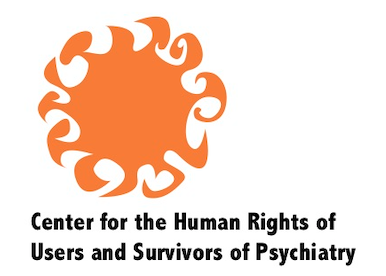Tina Minkowitz, Esq. of the Center for the Human Rights of Users and Survivors of Psychiatry http://www.chrusp.org/ in this article frames the initiative through a reparations approach and includes a call for sharing the experience.
It also helps us to think more about current practices of institutionalization despite all of our intentions on community based care. I know many groups in Ontario have been working to shine a light on this, even in recent years, in the context of homelessness and housing etc. Does anyone know if they are linking with this report?
.. The Committee on the Rights of Persons with Disabilities has announced a series of regional consultations on deinstitutionalization, starting with one for Central Asia and Eastern Europe on February 25 and a second for Central and South America on March 1. The other regions will follow. You can read all the details in an information note here.
This is an important opportunity for survivors of psychiatric oppression (if you are still alive and struggling as a current victim, I consider you a survivor, along with those who have gotten out) and our allies to make sure we are heard.
Victim’s perspective or system’s perspective?
Too often ‘deinstitutionalization’ has meant community-based mental health services, instead of freedom and acceptance, instead of recognition that we return from hell as survivors, that ‘survivor’ isn’t a euphemism. Deinstitutionalization initiatives tend to take a service-provider point of view, seeking to rearrange their own territory in response to criticism of severe and egregious abuses. We need instead to start from the perspective of victimized persons, acknowledging that the human rights violations go wide and deep, that they are systemic and cannot be rooted out unless we unseat the ‘service providers’ who have as a class been the perpetrators of these violations from directing repair. Similar to the approach of feminists who insist on the personhood of female human beings – autonomous, not the negation of males or their perspectives but something entirely different – we need to start as victims of psychiatric oppression, looking at our reality – as individuals as collectively in our countries, localities, communities – and naming both the violations and what we want as remedies.
Of course our movement has been doing this since its beginnings, and we now have the excellent resource from our early days as a liberation movement, ...


